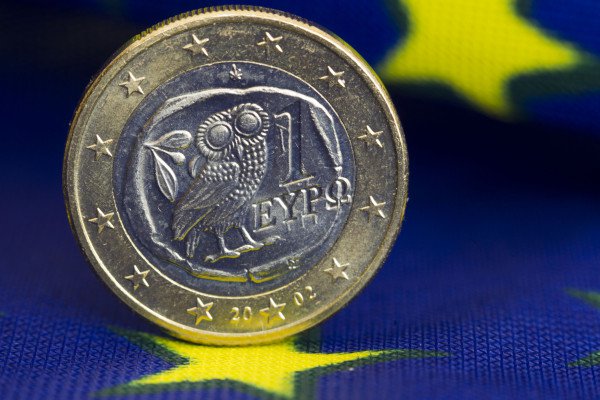Tsipras said Greeks face a difficult road to recovery from the financial crisis that will only come through hard work. Yet Tsipras is too busy trying to be part of the political establishment of Europe to save his own country. He was elected to end austerity, but he has embraced it instead. With his Syriza victory, he actually won just over 35%, which was slightly less than his previous election results. By no means does he represent the majority of Greeks. He will rule only by forming a coalition with the nationalist Independent Greeks, and he remains in opposition with the New Democracy Party who gained 28%. The far-right Golden Dawn came in third with only 7%, which was a gain over the last election.
Greece has only been a single nation since 1821 when the people declared their independence, but they did not achieve it until 1829. At first, the West was in favor of letting the Ottoman Empire retain some power and occupation of Greece. Yet many non-Greeks volunteered to fight for their cause of independence, which included Lord Byron. Consequently, it was on October 20, 1827 when the combined forces of the British, French and Russian naval force moved together and destroyed the Ottoman and Egyptian armada. Russia’s minister of foreign affairs, Ioannis Kapodistrias, was a Greek and returned home to become the first president of the new Republic. The capital was the island of Aigina (1828–1829) and the second was Nafplio (1828–1834) on the Peloponnese. After his assassination, the European powers helped turn Greece into a monarchy with the first King named Otto coming from Bavaria, and the second, George I, from Denmark. King Otto is responsible for moving the capital to Athens in 1834.
Greece was historically composed of city-states. We can very well see a return to that political structure since there appears to be no resolution to address the oppression of the Greek people. This is the likelihood of a crisis in debt brewing within Europe.










